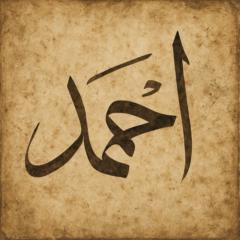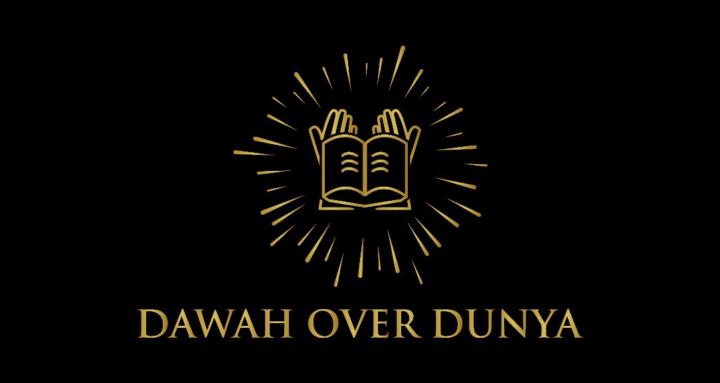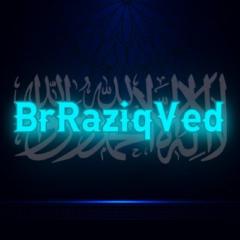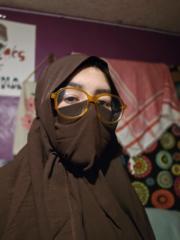Jul 28 • General discussion
Reflection: If Jarh wa Taʿdīl Was Done on Us…
Assalam aleikum warahmatullahi wabarakatuh brothers
Imagine if we, the Muslims of today’s generation, were evaluated the way the scholars of ḥadīth assessed the narrators of the Sunnah — using the system of Jarḥ wa Taʿdīl (criticism and praise).
Would we be considered trustworthy (ثقة)?
The scholars like Imām Mālik, Imām al-Bukhārī, and Yaḥyā ibn Maʿīn scrutinized the narrators':
Truthfulness (ṣidq)
Memory (ḍabṭ)
Piety (taqwā)
Manners (adab)
Company (ṣuḥbah)
Presence at the gatherings of knowledge
Even a small lie or consistent carelessness could remove someone from the ranks of trustworthy narrators!
If that system was applied to us today:
Would our speech be free from lies, gossip, and exaggeration?
Would our lives reflect the Sunnah and noble character?
Would our consistency in ṣalāh, sincerity in worship, and dealings with others pass the test?
Would we be accepted as transmitters of knowledge and guidance?
Many of us might fall under the categories the scholars used such as:
Ḍaʿīf (weak)
Matrūk (abandoned)
Lā yuḥtajj bihi (unreliable)
Yet, those earlier generations strove to preserve the Dīn — and were fearful of being careless with words, especially about the Prophet ﷺ.
Let this reflection humble us. Let us strive for thiqah status — not to narrate ḥadīth, but to be worthy slaves of Allāh. May we be sincere, upright, truthful, and known among the angels as those who fear Allāh even in private.
Ibn Sīrīn said:
"This knowledge is religion, so look to whom you take your religion from."
But the question remains: If the Ummah had to take their religion from you — would you be reliable?
1
3 comments






